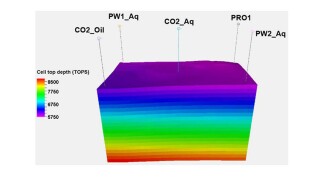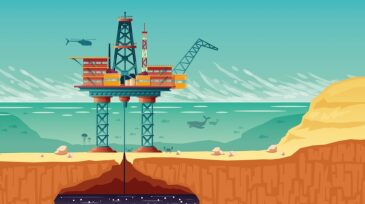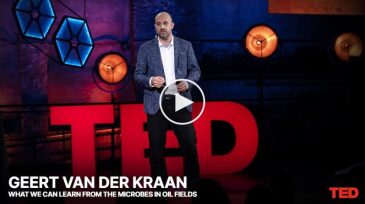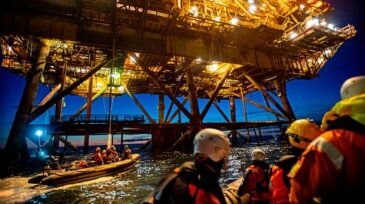Environment
This research aims to harness the advanced capabilities of artificial intelligence, specifically deep learning and large language models, to develop a comprehensive system for detecting and explaining oil spills.
This paper presents a physics-informed machine learning method that enhances the accuracy of pressure transient analysis, predicting reservoir properties to enhance waste slurry injection and waste disposal.
This paper presents a novel workflow with multiobjective optimization techniques to assess the integration of pressure-management methodologies for permanent geological carbon dioxide storage in saline aquifers.
-
The company has launched new climate ambitions to reduce the absolute greenhouse gas emissions from its operated offshore fields and onshore plants in Norway by 40% by 2030, 70% by 2040, and to near zero by 2050.
-
Equinor has released its plan for eliminating carbon dioxide emissions in Norway by 2050, but it comes with some tall technical challenges.
-
Meeting the challenge of climate change requires worldwide action from all sectors of society. Throughout this transition, oil and gas will have a role to play within the mix of energy sources to meet the need for affordable and clean energy products and services.
-
As a result of its investigation into the incident and its findings, the bureau recommends that operators increase scrutiny in the design, placement, and maintenance of their subsea infrastructure.
-
Seven members of the International Association of Oil and Gas Producers—Chevron, Eni, Equinor, ExxonMobil, Hess, Shell, and Total—have launched a new joint industry project on Environmental Genomics.
-
Alberta carbon conversion challenge yields potential GHG reduction of millions of metric tons per year.
-
DuPont Microbial Control research scientist and “microbial detective” Geert van der Kraan shares the clues that microbial life leaves behind to help make the extraction process cleaner in a recent TED Talk.
-
With a $10 million commitment from Shell, Rice University has launched Carbon Hub, a research initiative with the goal of creating a zero-emissions world by using oil and gas to create clean energy.
-
Remote sensing technologies can be applied for a wide range of gas-leak flow rates in three main cases—major leaks in crisis management, medium-size leaks in safety monitoring, and small leaks in environmental monitoring.
-
Greenpeace has been banned from carrying out climate protests on North Sea oil rigs after the oil giant Shell won a Scottish court order.













